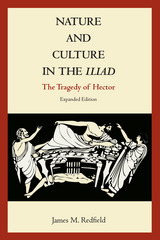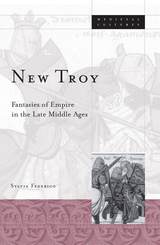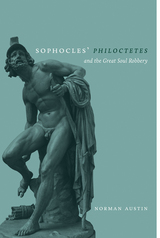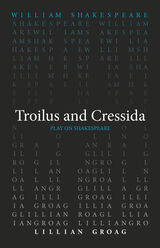
J. Lesley Fitton traces this exciting tale of scholarly discovery and weaves it into an engaging, in-depth portrait of Greek Bronze Age civilizations, from their dawning on the Cycladic Isles in the third millennium B.C. to their later flowering in Minoan Crete and then in the Mycenaean centers and finally to their mysterious disappearance in the twelfth century B.C. The result is an elegant assimilation of vast historical detail and a well-illustrated tour of the art and artifacts, the grand palaces and tombs, the mythical heroes and Trojan treasures that form at least one cradle of our own civilization.
Fitton begins with the early finds of travelers, advances in geology, and research into Homer's identity. She vividly recreates the heroic age of the first archaeological excavations, particularly Heinrich Schliemann's fascinating work at Troy and Mycenae, and Arthur Evans's pioneering excavation and restoration of the Palace of Minos on Crete. The persistent search for signs of writing among Bronze Age Greeks culminates in Fitton's description of the 1952 deciphering of the earliest script used to write Greek. And as her account extends into the present, it encompasses the important contributions of the archaeologists Alan Wace and Carl Blegen, the War's impact on research, and a concise summation of current scholarly trends.



Norman Austin brings both keen insight and a life-long engagement with his subject to this study of Sophocles’ late tragedy Philoctetes, a fifth-century BCE play adapted from an infamous incident during the Trojan War. In Sophocles’ “Philoctetes” and the Great Soul Robbery, Austin examines the rich layers of text as well as context, situating the play within the historical and political milieu of the eclipse of Athenian power. He presents a study at once of interest to the classical scholar and accessible to the general reader. Though the play, written near the end of Sophocles’ career, is not as familiar to modern audiences as his Theban plays, Philoctetes grapples with issues—social, psychological, and spiritual—that remain as much a part of our lives today as they were for their original Athenian audience.

One of the most obscure plays in Shakespeare’s canon, Troilus and Cressida may also be the Bard’s darkest comedy. Exploring some of the events of Homer’s Iliad, the play juxtaposes the carnage of the Trojan War with a love story between its two titular characters. Lillian Groag’s translation brings this ancient world to modern audiences. Replacing the archaisms with new and accessible phrasing, Shakespeare’s lines regain their meaning and humor in the twenty-first century. This translation illuminates Troilus and Cressida as one of Shakespeare’s funniest, saddest, and most bitterly modern plays.
This translation of Troilus and Cressida was written as part of the Oregon Shakespeare Festival’s Play On! project, which commissioned new translations of thirty-nine Shakespeare plays. These translations present work from “The Bard” in language accessible to modern audiences while never losing the beauty of Shakespeare’s verse. Enlisting the talents of a diverse group of contemporary playwrights, screenwriters, and dramaturges from diverse backgrounds, this project reenvisions Shakespeare for the twenty-first century. These volumes make these works available for the first time in print—a new First Folio for a new era.
READERS
Browse our collection.
PUBLISHERS
See BiblioVault's publisher services.
STUDENT SERVICES
Files for college accessibility offices.
UChicago Accessibility Resources
home | accessibility | search | about | contact us
BiblioVault ® 2001 - 2024
The University of Chicago Press









